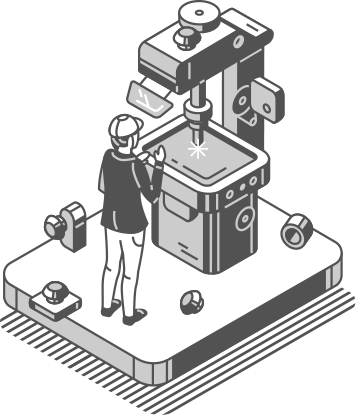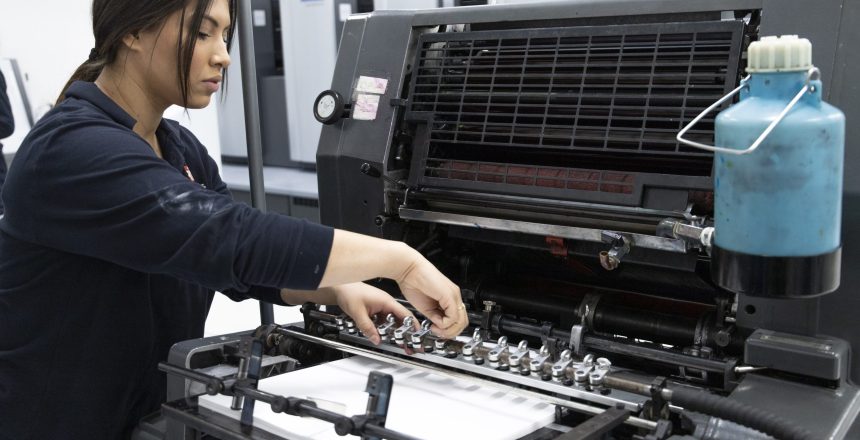The INFINITE project focuses on creating a professional education system to train experts in printed, flexible and organic electronics. Funded by the European Union with almost 4.8 million euros, it seeks to boost this emerging field through the collaboration of entities from several European countries, including partners from Germany, Spain, Finland and Latvia. In the case of the Autonomous Community of Navarre, it is supported by the Department of Education of Navarre and the Public University of Navarre (UPNA). In addition, the Functional Print Cluster Association and Salesianos Pamplona are partners in the programme.
From there, ININITE’s main purpose is to meet the growing demand for professionals trained in printed electronics. Precisely this professional field offers opportunities in various industries, from health to automotive, which requires specialised profiles and updated skills.
The initiative will therefore not only benefit the Navarra industry, but will also impact Europe as a whole by providing specialised training and improving competitiveness in a constantly evolving market. Furthermore, with a focus on developing skills relevant to printed electronics, the project seeks to address the need for skilled labour in a sector crucial for technological innovation and economic growth.
Printed, flexible and organic electronics (PFOE) is actually an emerging and cross-cutting field that includes several disciplines, such as electronics, materials science, chemistry, physics, printing technologies, and manufacturing and integration engineering. It involves the manufacture of electronic components and devices using printing and thermoforming techniques, enabling the production of flexible, lightweight and cost-effective electronic products.
Its application areas have expanded rapidly over the years. Initially, it focused on applications such as organic light emitting diodes (OLEDs), radio frequency identification (RFID) tags, smart cards and displays. However, the field has evolved to include a wide range of industries, including healthcare, accessibility, construction, automotive, aerospace, consumer electronics, energy efficiency and more.
Spain is currently the second dominant market in the EU, behind Germany and ahead of France, Finland and Sweden. The growth of the EU market is mainly attributed to the penetration of smart consumer electronics and, in particular, recent trends in the growing field of medical applications.
Source: functionalprint.com




